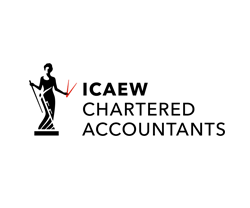October 18th, 2017
IR35 – Actors – a timely reminder
This weekend the newspaper reporting of actor, Robert Glenister’s 150k tax bill, served as a reminder of the consequences of falling foul of the IR35 tax rules.
HMRC appear to be increasingly active in applying this anti-avoidance legislation.
Historically, our advice was that IR35 should not apply if you would have been genuinely self-employed had you operated as a sole trader. In particular, with the acting profession, Custom and Practice has always treated actors as self-employed by HMRC. However, what is currently happening is that a piece of legislation called IR35, originally devised to stop the abuse of ‘disguised employment’ to obtain a tax advantage is now being applied by HMRC to those industry areas which have always had a strong history and tradition of self-employment to deduct PAYE and NIC at source and collect employer’s NIC on payments. Typically where this is applied, HMRC will also seek unpaid tax for previous years. In Robert Glenister’s case they have gone back 10 years!
If you are operating through a limited company and contracting with a public sector organisation such as BBC or Channel 4, the law has now changed (from 6 April 2017) and the obligation is upon the public body to assess the employment status of the contract and deduct PAYE and NIC if necessary.
However, if you are operating through a limited company and contracting with a private sector organisation then the responsibility lies with your company to make this assessment of employment status and if necessary calculate a ‘deemed payment’ and pay PAYE and NIC as appropriate. HMRC have published a tool to help you assess each individual contract see here
If you have any concerns or questions regarding this area please do get in touch with us and we can discuss your options.





